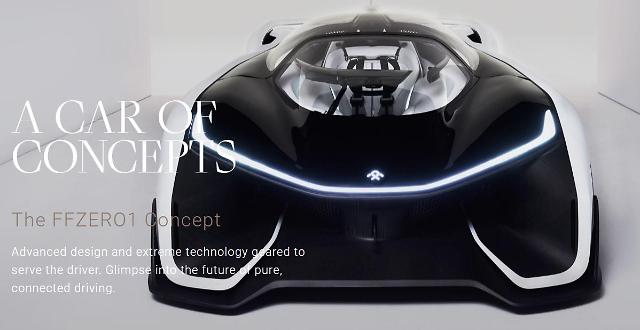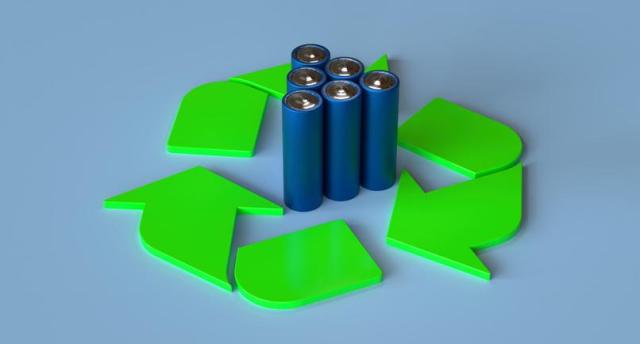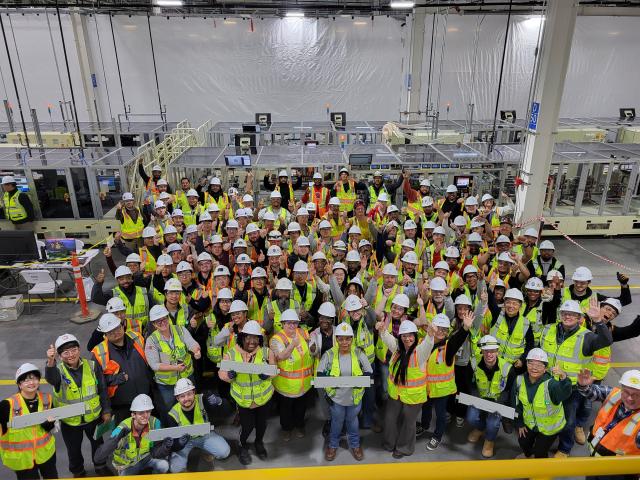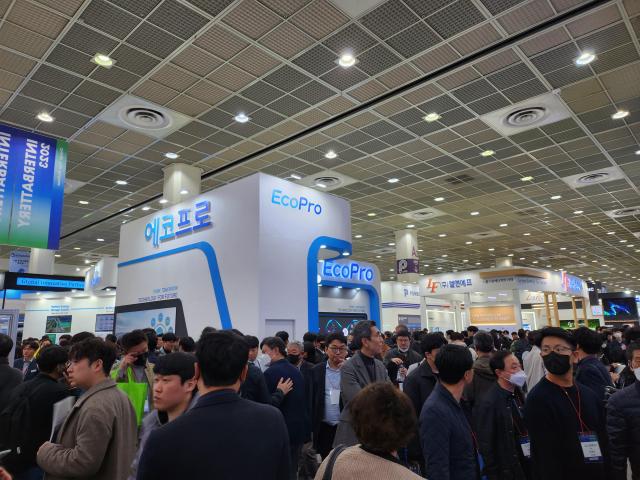
[Courtesy of Faraday Future]
South Korean battery powerhouse LG Chem has established a new partnership with Faraday Future, a Chinese-backed startup which focused on the development of intelligent electric vehicles.
LG Chem's batteries will be installed into Faraday's upcoming platform called "Variable Platform Architecture (VPA)", which is designed to be flexible enough to provide the powertrain basis for different types of vehicles.
California-based Faraday Future, established in 2014 and funded partly by China's LeEco, debuted an ambitious race-inspired sports concept, the FFZERO1, in January 2015. It is also looking into producing a self-driving car.
Faraday said in a statement that its partnership with LG Chem represents a joint commitment between both companies to collaborate on the development of EV (electric vehicle) battery technology.
"LG Chem worked closely with Faraday Future to develop a tailored cell chemistry to optimize the range and safety of our mass production battery hardware," Tom Wessner, vice president of Faraday's global supply chain, was quoted as saying.
Lee Woong-bum, president of LG Chem's energy solution division, said in the statement that the two companies would work together to create "the next generation of electric vehicles". "We look forward to growing our partnership and co-developing hardware into the future."
LG has disclosed an aggressive business strategy to consolidate its top position in EV batteries with an estimated 6.35 billion US dollars in annual sales by 2020.
The South Korean company said it has secured orders from 28 automakers with its accumulated orders for EV batteries exceeding 36 trillion won so far. It plans to introduce a battery for electric cars that can travel 500 kilometers (310 miles) and more on a single charge.
EV batteries are considered one of the world's most promising sectors due to rising demands for an alternative to fossil fuels and the fast distribution of electric vehicles. According to TNS, a market research firm, the share of electric vehicles in the auto industry is expected to rise to 15-20 percent by 2025.
Aju News Lim Chang-won = cwlim34@ajunews.com




